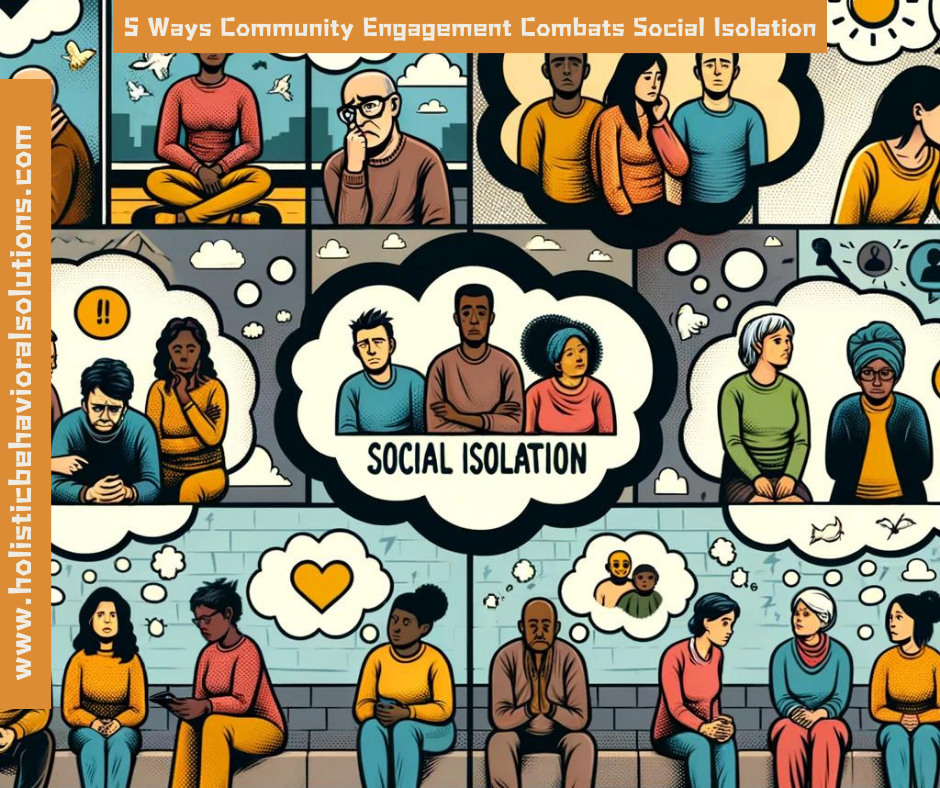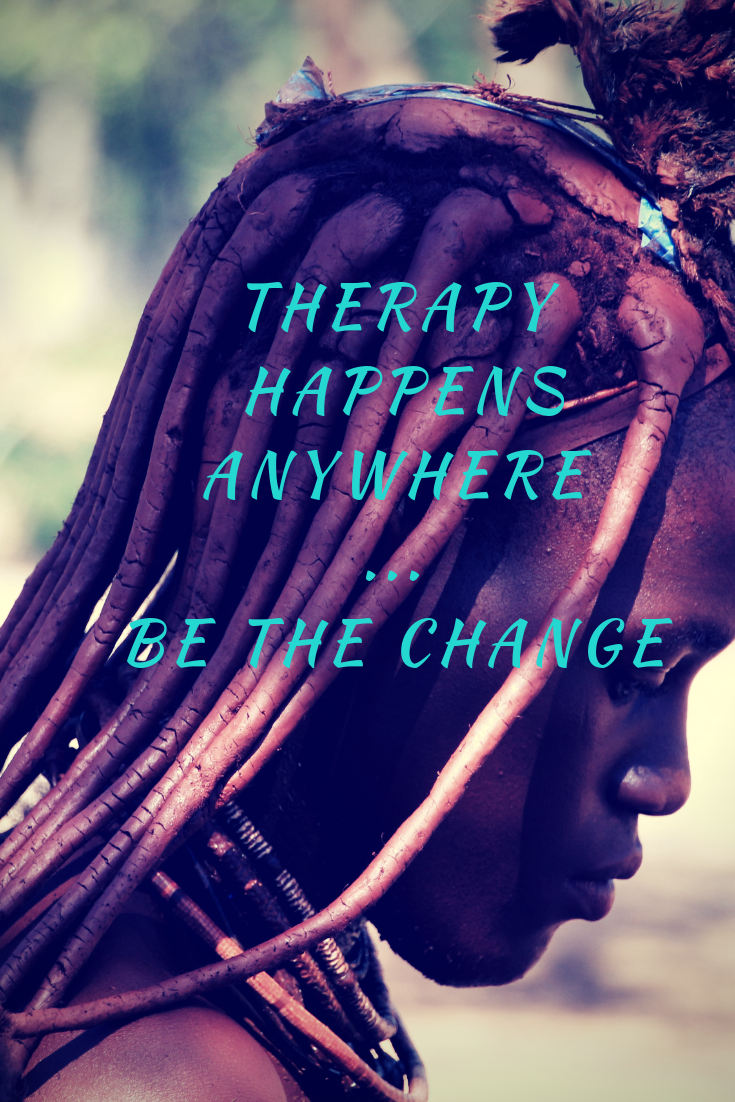
Confronting Social Isolation and Suicide in the Northeast: A Look at the Interpersonal Theory of Suicidal Behavior
In New Jersey and across much of the Northeast, social isolation and suicide remain pressing concerns—particularly during the winter and spring months. As therapists, we study the effects of sadness, loneliness, and suicidal ideation in depth. Drawing on over 14 years in acute care and more than 10 years in brief treatment, I’ve seen how our culture’s lack of connectedness can contribute to these issues.
A Global Public Health Crisis
Suicide is one of the most significant public health challenges worldwide, yet it often fails to receive the level of attention and research it deserves. One reason for this could be the limited theoretical frameworks available in the field, which hinders our ability to fully understand and effectively address suicidal behavior. The Interpersonal Theory of Suicidal Behavior aims to fill this gap by offering fresh insights into the underlying reasons individuals may engage in suicidal acts—a perspective with the potential to transform how we approach both prevention and treatment.
The Interpersonal Theory of Suicidal Behavior and Social Isolation
Based on scholarly research, the Interpersonal Theory suggests that the strongest desire for suicide emerges when two key experiences overlap:
- Thwarted Belongingness – A profound sense of loneliness and a lack of meaningful social connections.
- Perceived Burdensomeness – The belief that one is a liability to others, leading to feelings of unworthiness or insignificance.
Social isolation significantly worsens both of these experiences. In addition to the desire for suicide, the theory also highlights the capability to act on suicidal thoughts. This capability develops over time through repeated exposure to pain and fear, effectively numbing individuals to the reality of self-harm.
Why Research Matters—and Why It’s Hard to Do
Statistically, suicide accounts for about one in every 100 deaths worldwide—though this figure may be underreported. However, studying suicidal behavior comes with unique challenges. Low base rates mean that exceptionally large sample sizes are necessary for reliable data, and ethical and safety concerns often prevent those with suicidal tendencies from participating in clinical trials.
The field’s theoretical progress has lagged behind, limiting our understanding of how individual and environmental factors interact. By focusing on the interplay between personal feelings and social context, the Interpersonal Theory brings a more comprehensive lens to the problem.
Contributions to Suicidology and Our Understanding of Social Isolation
One of the most valuable aspects of the Interpersonal Theory is the clear framework it provides for understanding how suicidal desire and capability intersect—typically visualized with a Venn diagram where only a small subset of individuals possess both. This conceptual approach invites further scientific exploration and offers a solid foundation for developing new intervention strategies.
Future Directions
There is a pressing need to ground more empirical studies in this theory to see how it applies across diverse populations and environments. Researchers and practitioners alike emphasize the importance of tackling the core factors—feelings of not belonging and perceived burdensomeness—that drive suicidal desire, as well as understanding how social isolation exacerbates these feelings.
Moving Forward Together
Ultimately, the Interpersonal Theory of Suicidal Behavior supplies a powerful framework for grasping the complexities of suicidal behavior. By targeting both the interpersonal roots of suicidal desire and the capacity to act on those thoughts, mental health professionals can more accurately identify individuals at risk and develop interventions that make a real difference. As the theory continues to inform studies and guide discussions, it offers hope for more effective strategies to reduce the alarming prevalence of suicide in our communities.
Social Isolation and The Holistic Store
As we continue to seek better ways of understanding and addressing social isolation, don’t forget to care for your overall well-being. Boost your connection from the inside out with our curated range of wellness supplements and supplies—products designed to help you feel your best, making it easier to open up and connect on a deeper level. Visit our store to discover the tools you need to support your mental and emotional health.

